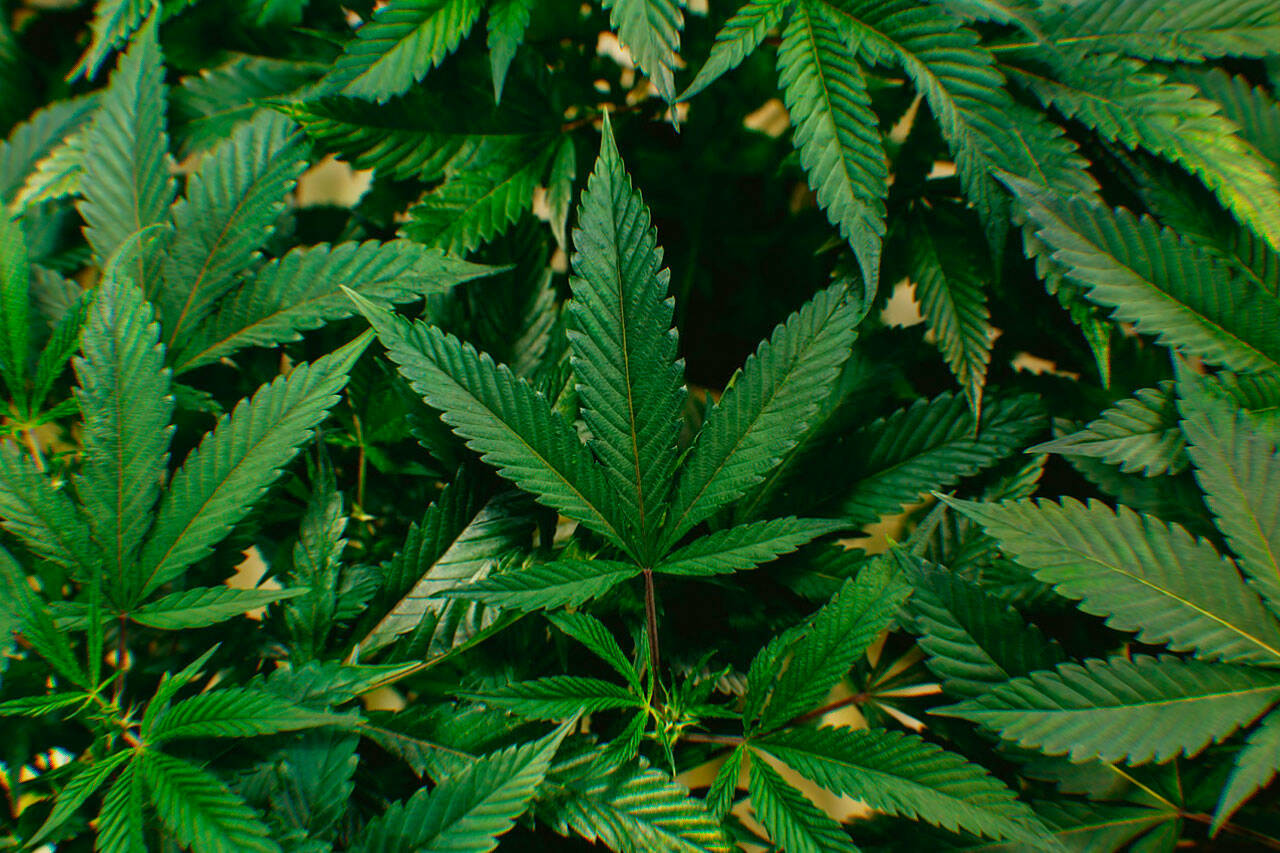"It didn't treat me, but it offered me the chance to get the rest I needed to recover, and I had the ability to work at a much higher level than with the pain relievers, that made me awaken foggy every day," he stated. "With marijuana, I can consume it at night and wake up with a clear head."Cannabis is an especially efficient treatment for individuals who require aid with pain management, in addition to those with sleep disorders or anxiety; nevertheless, "there are hundreds of conditions that it treats," Rinella said.
Medical choices ought to not be made based on marketing. Seek advice from a doctor on the advantages and risks of particular medical marijuana items.
The results of an online study, consisting of 95 participants, featured in the Journal of Alternative and Complementary Medication in 2014. The scientists found that participants chosen indica stress for pain management, sedation, and sleep while they would choose sativa stress to improve energy and state of mind. Concerning pain management, participants reported a statistically significant result when using indica for: It is, nevertheless, important to note that this study had a number of restrictions.

Participants did not use the marijuana in a controlled setting, potentially resulting in differences in drug composition, dose, and potency. Another research study examined the usage of organically grown sativa and indica pressures in the treatment of several medical conditions. Simply over half of the participants were using cannabis to deal with HIV.
The outcomes indicated that indica strains are more likely to enhance energy and cravings, while both sativa and indica strains can alleviate queasiness to a similar degree. Cannabis includes compounds that might relieve discomfort, nausea, and other symptoms. The components of marijuana that many studies focus on for pain relief are cannabidiol (CBD) and tetrahydrocannabinol (THC).
CBDTHC resembles the cannabinoid chemicals that occur naturally in the body. When individuals ingest or breathe in THC, it the brain's cannabinoid receptors. This triggers the brain's reward system and reduces pain levels. THC is a psychedelic substance as it binds to cannabinoid receptors and produces a raised frame of mind, referred to as a high.